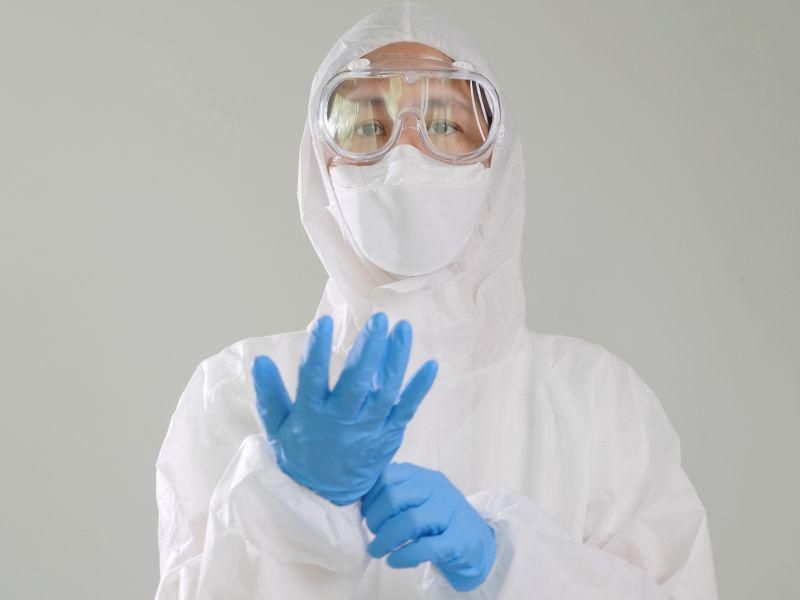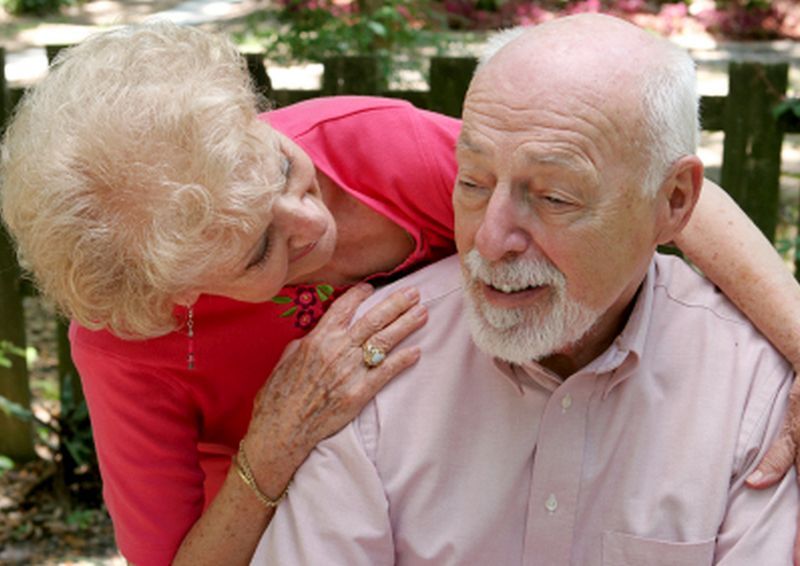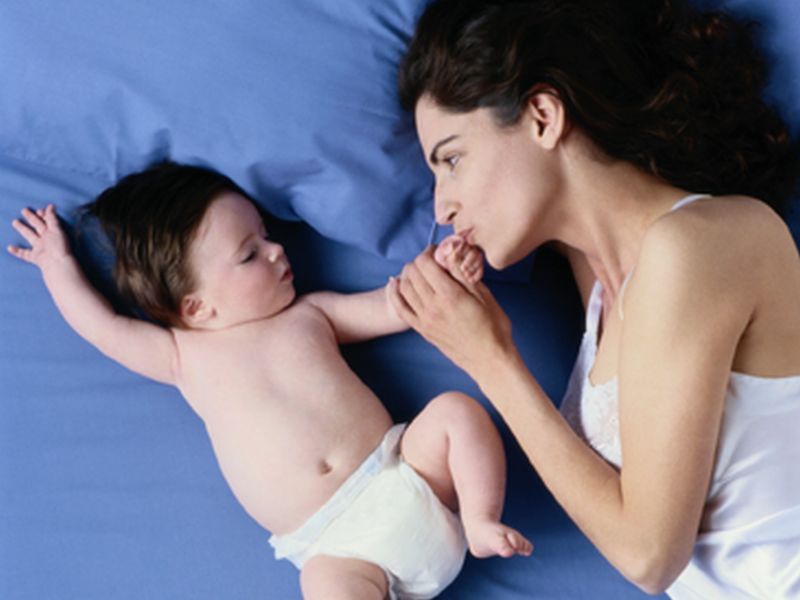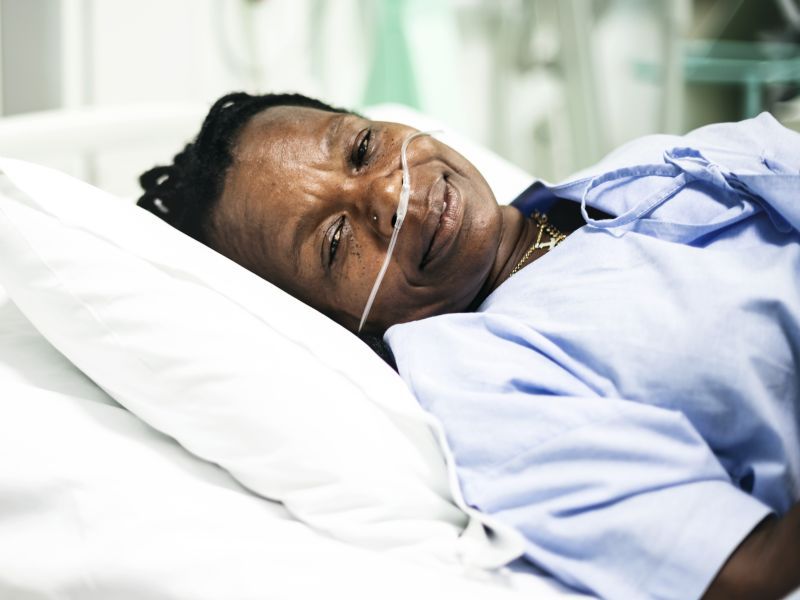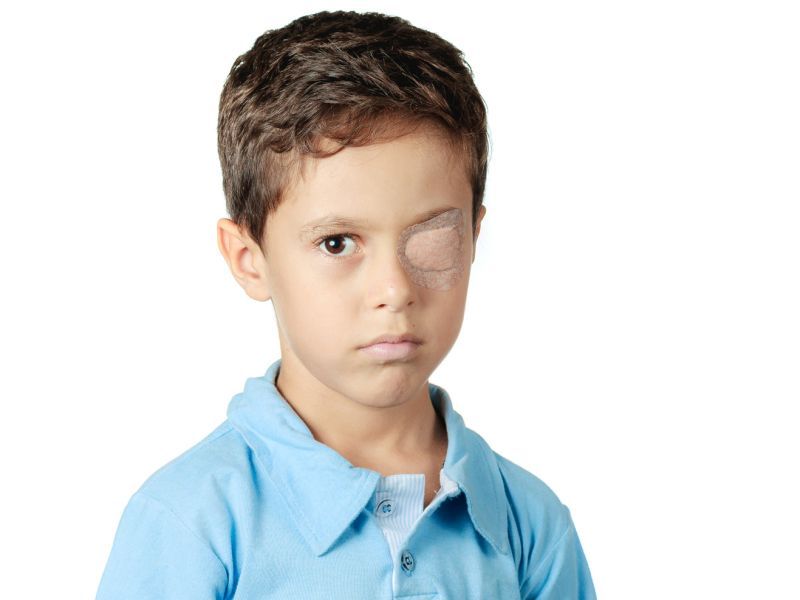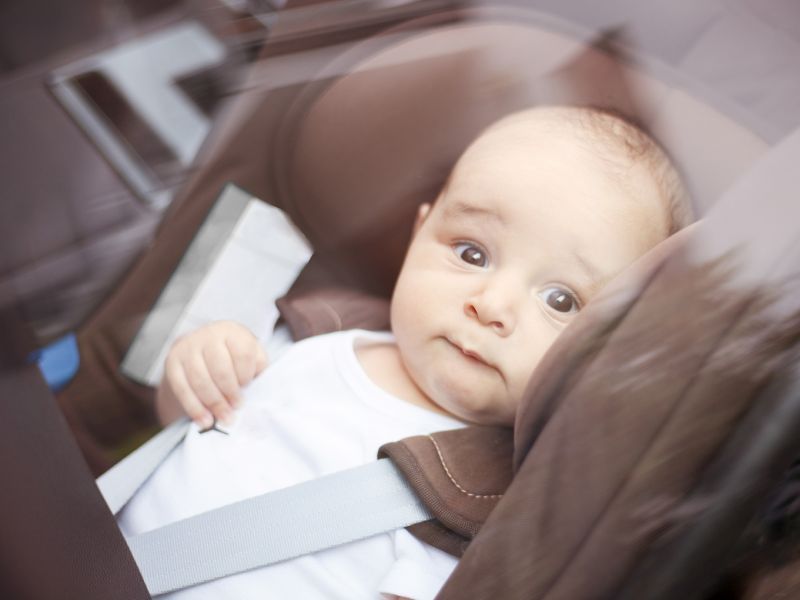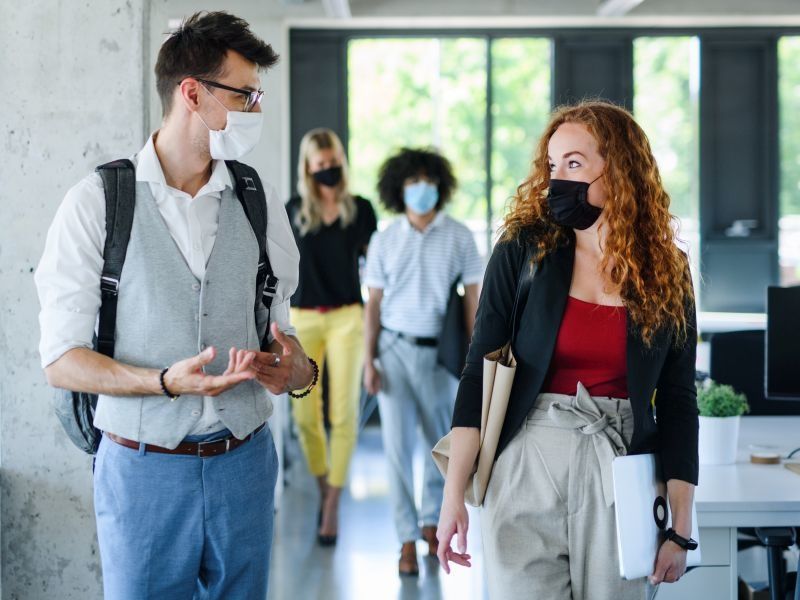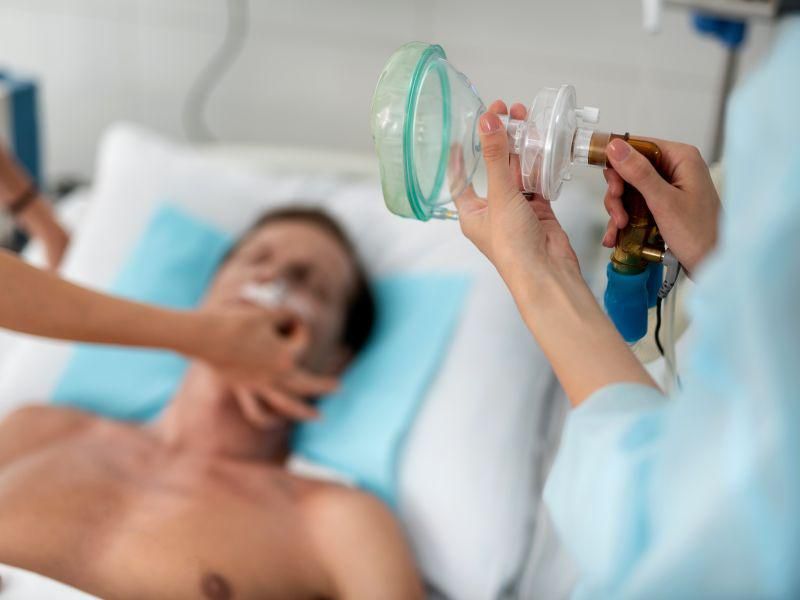
Middle-aged folks’ risk of dying from a COVID-19 infection is higher than they might think, a new study reports. The risk of death from COVID increases with age, but researchers have found that the upward curve grows exponentially steeper with every extra decade. One out of every 800 people entering early middle age at 45… read on > read on >










